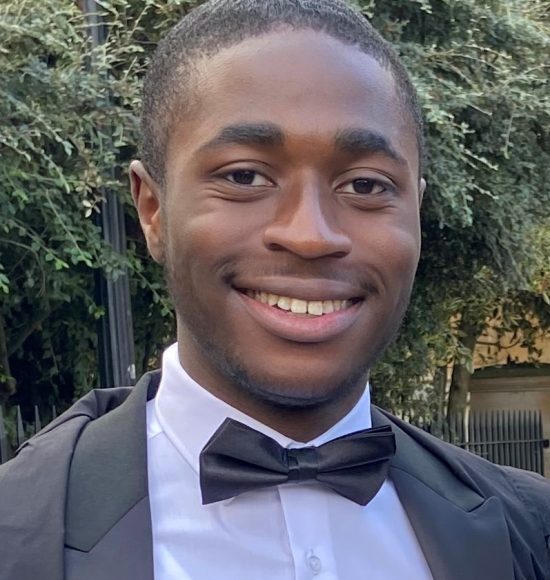
Hi, I’m Josh, currently studying Computer Science at Christ Church College, Oxford. Computer Science seemed like a natural choice for me, seeing as I’ve always enjoyed both Maths and programming.
Usually, I have about 10 hours worth of lectures each week, along with 2 tutorials and 2 practicals. Luckily my lectures have all been pre-recorded so I’m free to watch them at any point in the week. Practicals involve you programming solutions to a set of questions and presenting these solutions in the next practical. You’ll also have problem sheets due the day before each of your tutorials. These will cover the content from the lectures that week but are meant to be challenging so don’t be upset if you can’t answer every question correctly – your tutor will go through model answers in the tutorials anyway.
Be prepared for a lot of maths within your course – in my 1st term, 3 out of my 4 modules were purely maths based. Along with this, you should also be prepared to work with multiple programming languages. Oxford want to prepare you for the real world and so they expect you to be able to pick up new languages quite quickly. As a result of this, lecturers will spend little time actually teaching you the syntax of the language you’ll be using since you’re expected to learn that on your own. So far, I have worked with Haskell and Scala. It is not necessary to have any experience programming before you start the course, but having at least one language under your belt certainly helps.
I quite enjoyed my interview experience. The interviewers were nice and acknowledged that I was a bit nervous, asking questions to break the ice and make me feel more comfortable. Your interviews tend to start with them asking you about your personal statement, followed by a few questions the interviewers want you to talk through your solutions to. These questions are usually maths, algorithm or logic-based so know your A-Level Maths and Further Maths stuff well (and Computer Science if you studied it. I didn’t). It’s very important that you talk through your thought process, don’t just sit there in silence because your interviewer won’t know what’s going on in your head. I’d also recommend using paper to write down some things that come to mind when you first see the question as this can help you organise your thoughts. Finally, I’d say don’t be afraid to let the interviewer know you’re stuck but only after you’ve had a go at the question yourself. The interviewers can give you hints and point you in the right direction. Responding well to these promptings is a very good sign that you’re the kind of student that will perform well during tutorials.
If you genuinely enjoy both maths and programming (but programming a little more than maths) then Computer Science is the course for you. It’s by no means easy but it’s a rewarding course that will really stretch you and make you both a better mathematician and programmer.
